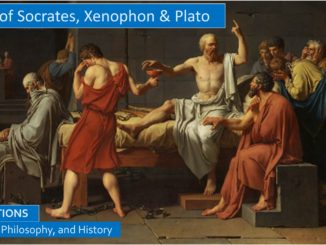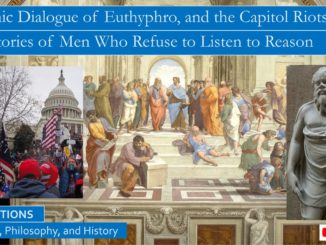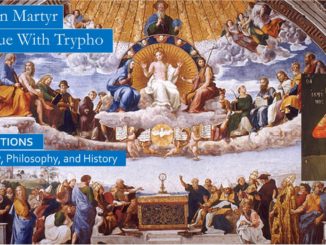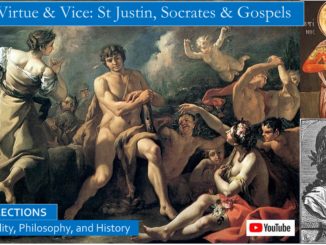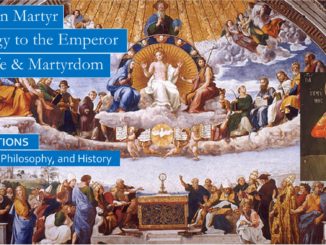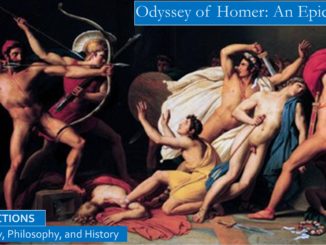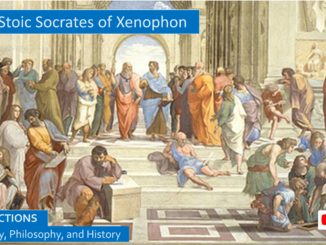
The Stoic Socrates of Xenophon
Xenophon’s Socrates definitely sounds Stoic, he sought to die the good Stoic death. “Socrates was so arrogant in court that he invited the juror’s ill-will and more or less forced them to condemn him. His fate was proper to one loved by the gods, because he both avoided the most difficult part of life and gained the easiest of deaths. His fortitude was obvious, since he decided death was the better option, he showed no weakness in the face of death, but awaited it cheerfully.” […]

